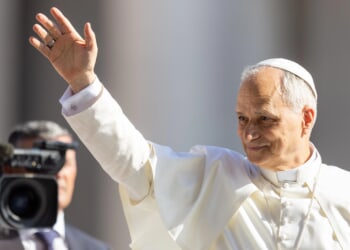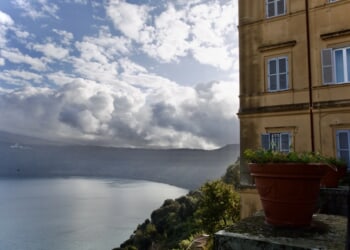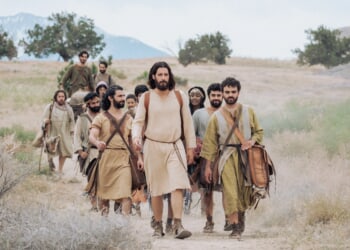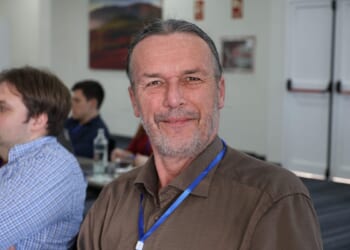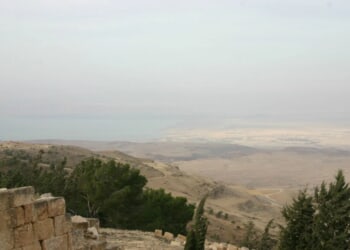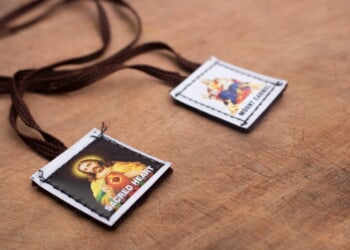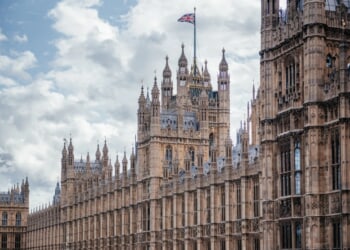Vatican City, Jul 28, 2025 /
14:10 pm
Vatican Secretary of State Cardinal Pietro Parolin on Monday expressed his concern over the July 27 attack on a Catholic church in the Democratic Republic of Congo (DRC), which killed at least 31 members of the Eucharistic Crusade, a prayer movement and an apostolate for children and young people focused on devotion to the Eucharist and personal sanctification.
“This is a dangerous sign,” Parolin declared, pointing to the growing threat from forces identified as the Allied Democratic Forces (ADF).
For the Italian prelate, this group is a force “that in practice represents Islamic jihad and that imposes itself through force and violence.”
The attack has once again raised the alarm about the insecurity of Christians in the region: “This represents an additional problem in a region that already suffers from many conflicts of an ethnic, cultural, and sociopolitical nature. The addition of a religious aspect now further aggravates the situation,” Parolin told the media during a break at an event with Catholic influencers at the Via della Conciliazione auditorium a short distance from the Vatican.
According to initial reports, the terrorists stormed a Catholic church in northwestern DRC while they were participating in a prayer vigil.
According to the BBC, members of the ADF stormed a church in the town of Komanda, where they shot dead Catholic worshippers and then looted and burned nearby businesses.
Komanda is in the Ituri province of the Democratic Republic of Congo, a mineral-rich area contested by several armed groups.
The Vatican cardinal was also asked about the attack earlier this month on Holy Family Catholic Church, the only Catholic church in Gaza, which left three people dead, including two refugee women, and said that it is up to Israel to prevent such attacks.
“It’s up to Israel to find a way to ensure that these mistakes are not repeated. I believe that, if they want to, they can find a way,” he stated.
Asked about the war between Israel and Hamas, he stated that “the solution lies in direct dialogue between the two parties, with a view to establishing two autonomous states.”
The Holy See’s secretary of state acknowledged that “this is becoming increasingly difficult, also because of the situation that has been created and is being created in the West Bank.”
In his analysis, Parolin emphasized that “even in these months, Israeli settlements do not, from a practical point of view, favor the creation of the State of Palestine.”
The cardinal also referred to an upcoming attempt to revive the peace process: “Now it appears there will be a conference in New York — I don’t know if this week or exactly when — sponsored by France and Saudi Arabia to find the practical terms for the implementation of the State [of Palestine].” He added cautiously: “We hope it will bring something positive.”
Regarding communication between the Holy See and the Latin Patriarchate of Jerusalem, Parolin said: “Of course, we are in constant contact. He [the patriarch] informs us of all the steps being taken; he also seeks our advice, and therefore there is very strong collaboration.”
This story was first published by ACI Prensa, CNA’s Spanish-language news partner. It has been translated and adapted by CNA.




